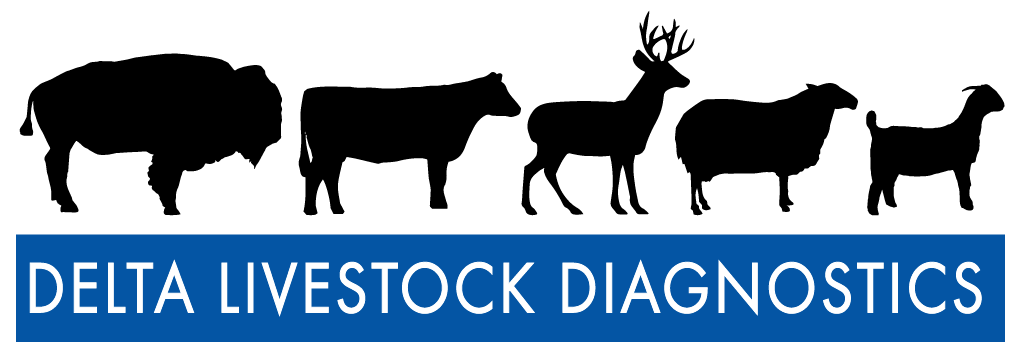Caprine arthritis encephalitis (CAE) is a contagious viral disease of goats that is economically impactful across all breeds of domestic goats. While not zoonotic, producers should strive to understand and control the disease to increase profitability and decrease animal suffering.

The main transmission route is through the dam’s milk, particularly colostrum. However, the infection can occur through direct contact and contaminated needles. Care should always be taken at any time blood is being drawn.
The most common symptom in adult goats is arthritis, particularly in the knee and other joints. The onset of arthritis may be gradual or sudden, but it is almost always progressive and results in lameness. The affected goats will also have poor hair coats and declining conditioning, and adults may develop pneumonia. The encephalitis symptoms, most often seen in kids two to four months old, will include weakness, loss of bodily control, head tilting, paddling, and blindness.
Does infected with CAE may develop mastitis, commonly known as “hard bag.” With this in mind, weak or unthrifty kids are another likely result of the dam’s decreased milk production. However, most CAE-infected animals are subclinical. Though not showing obvious signs, goats with CAE have reduced lifetime productivity, and breeding programs can see an overall decrease in weaning rate leading to cumulative economic losses.
While this disease is the cause of suffering among domesticated goats, utilizing widely available serology options means producers can make breeding and kidding management decisions based on the results of the tests. Herd owners can then create custom herd health management plans with their veterinarians. As an effective vaccine does not exist, eradication programs rely on colostrum deprivation, separation, and serological detection of infected animals.
ihttps://dldlabs.com/resources/
Delta Livestock Diagnostics welcomes questions about any of our tests and our staff is always happy to hear from current and potential clients.

